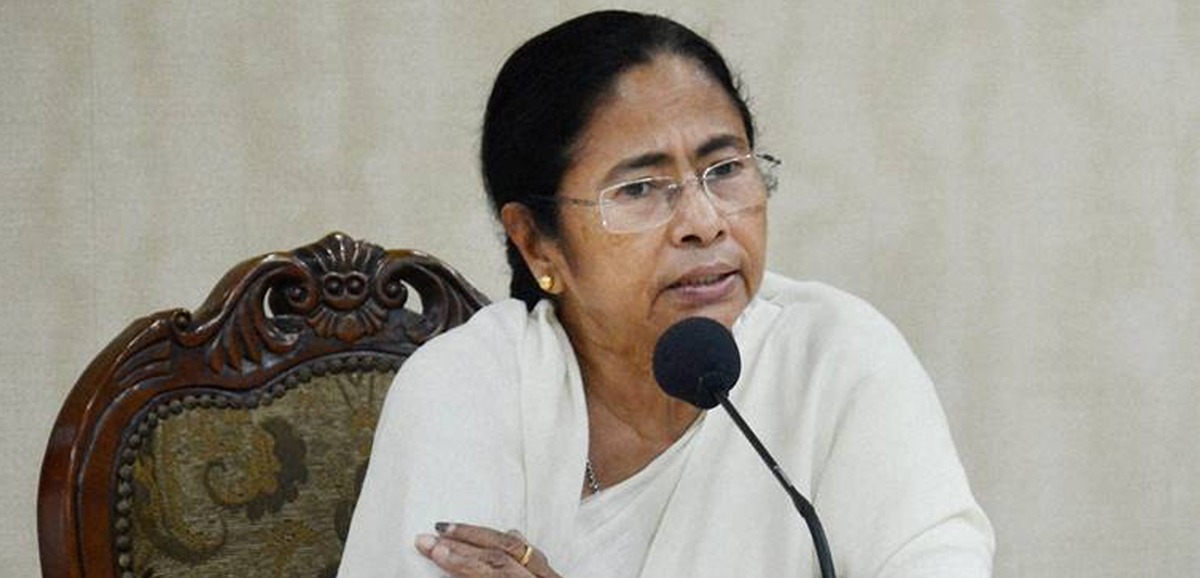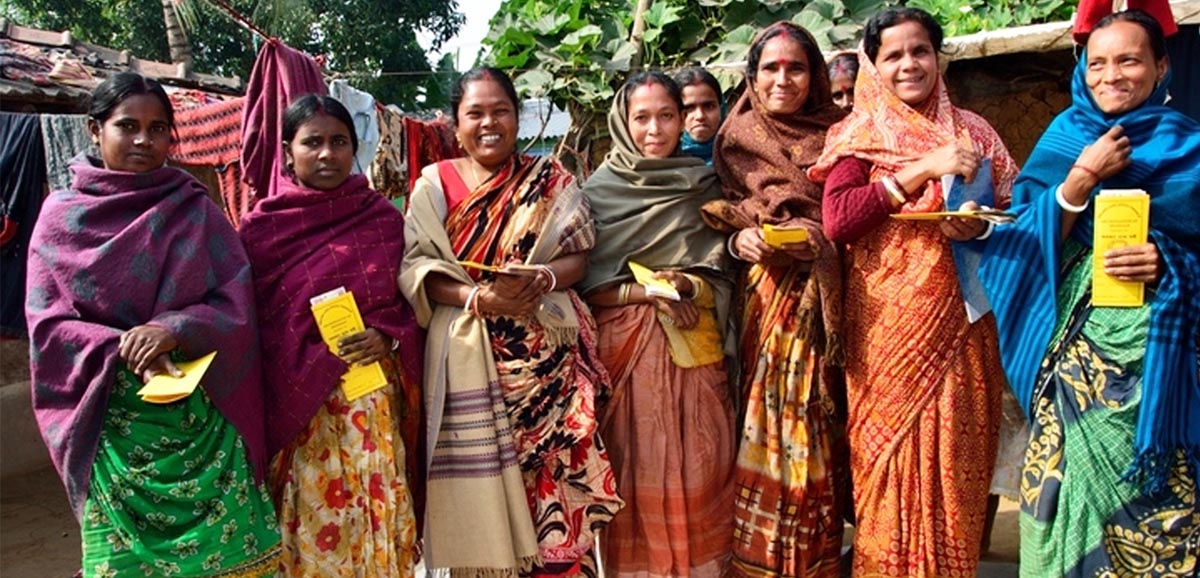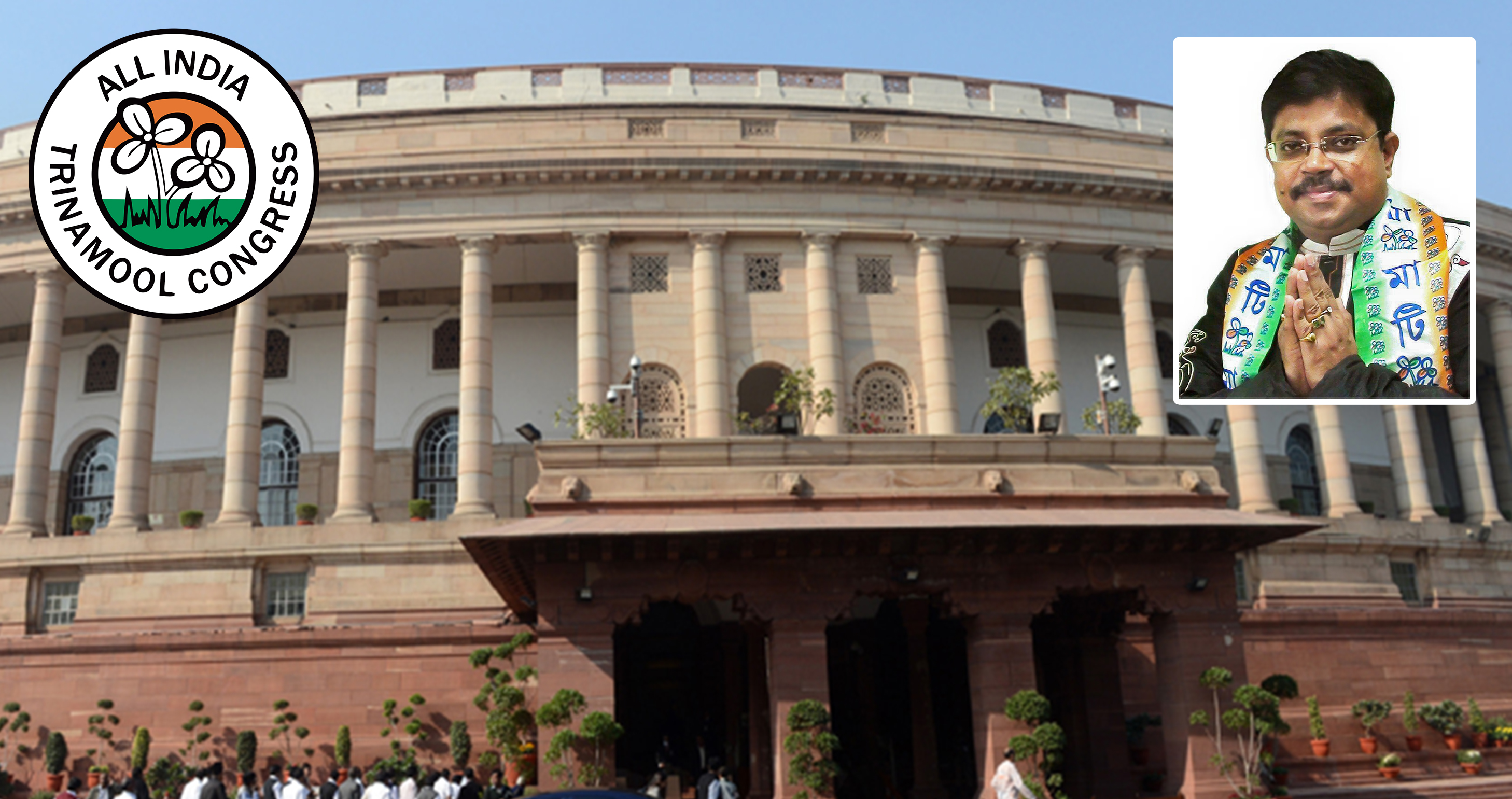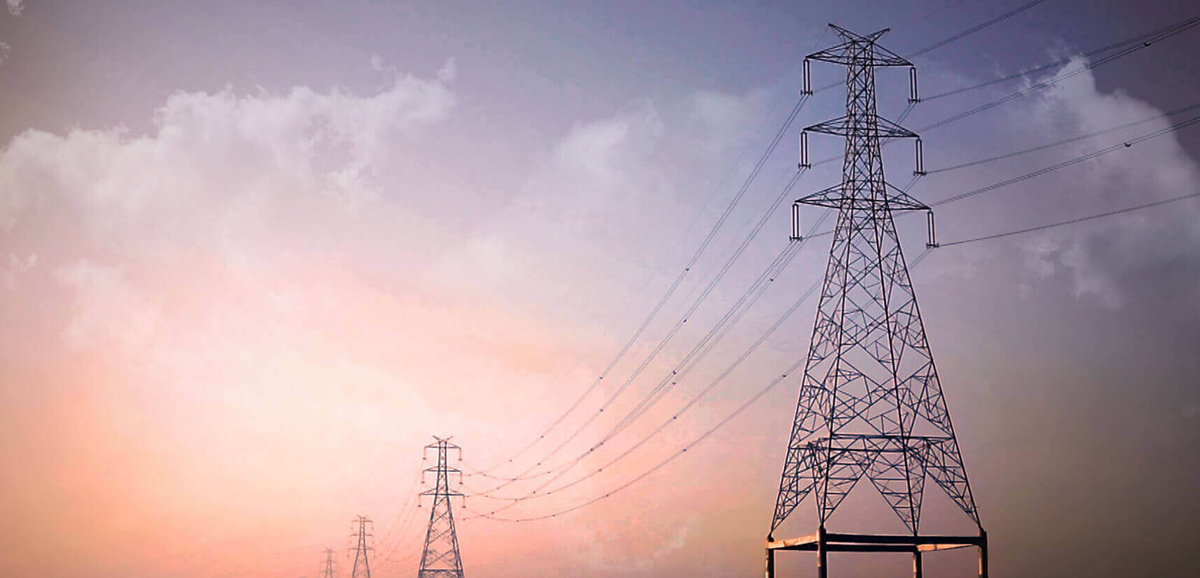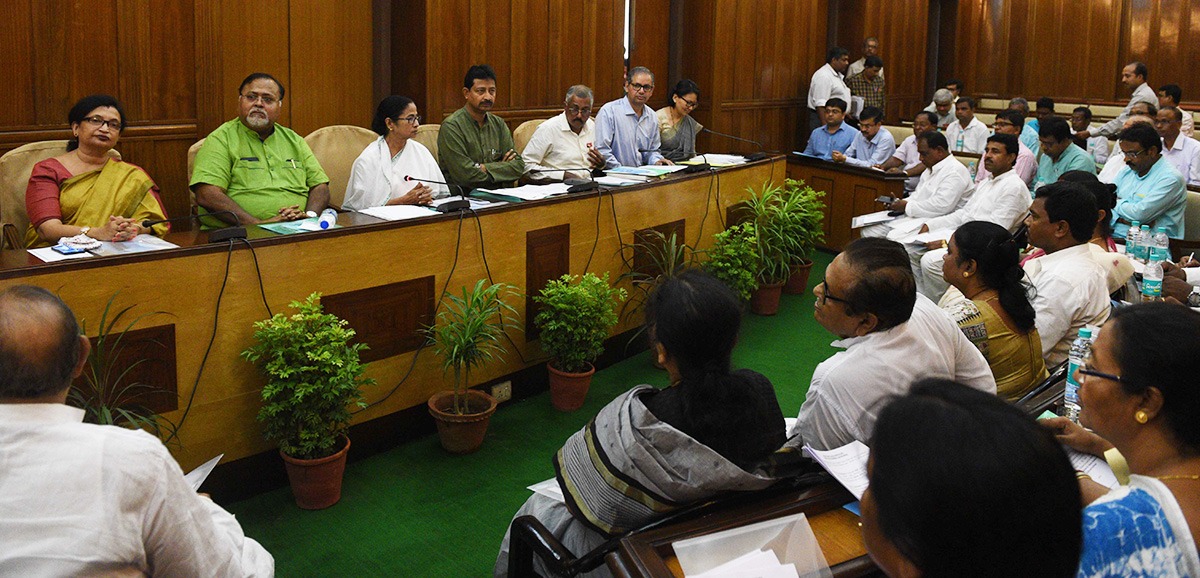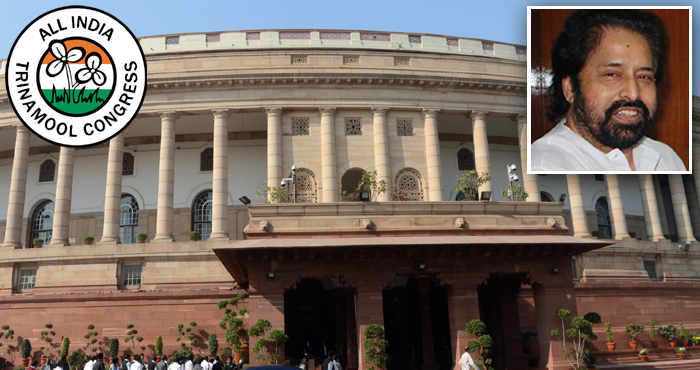FULL TRANSCRIPT
The Indian Medical Council (Amendment) Bill, 2019 is the prelude to another Bill, precessed to another chapter, the NMC. The Indian Medical Council (Amendment) Bill, 2019 is to repeal the Ordinance promulgated by the Mahamahim Rashtrapati ji on January 12, 2019. This Bill has also been scrutinised by the department-related Parliamentary Standing Committee on Health and Family Welfare. This is not the first related Ordinance though – there has been one in 2010, one in 2018, and then another in 2019.
Let me first clarify that my party, All India Trinamool Council is always against the attitude or attempt to bypass the elected House of the People and pass an Ordinance. In the last few years, we have seen a ratio of 10 to 4 with respect to Bills to Ordinances whereas after independence, the first 30 years saw a ratio of only 1 Ordinance for every 10 Bills while the next 30 years saw only 2 Ordinances for every 10 Bills. This is undemocratic and unhealthy for our democracy.
The question is, why was the Bill was allowed to lapse several times since 2016, when the matter is such a serious one? We have seen many deaths, particularly 50 deaths in only one State of our nation. So I consider it my sacrosanct duty as a responsible Opposition member to sound out to the government that passing an Ordinance is a peril to democracy.
The Indian Medical Council was formed in 1933 and the first Indian Medical Council Act was formulated in 1956, but thereafter rampant all-pervasive corruption had crept in and the Medical Council was plagued by it. The functions of the Medical Council mentioned thereof were to make recommendations to the Central Government on the subjects of giving recognition to medical institutions, determining the course of study and examinations after completing the syllabus, inspection of examinations, and maintaining the register for medical practitioners.
As per List II in the Seventh Schedule of the Constitution, and as determined by Article 246, Health is a State subject, and so the Central Government should not formulate rules to interfere in this provision of empowerment to the States. This Bill deals with the fate of those whose faces we see right when we are born and at the end, when we die, and they are the doctors. A former HRD Minister contradicted Darwin’s theory of evolution, stating, and I quote, “none of our ancestors have seen an ape turn into a man.”
Madam, such statements are not only dangerous but also highly irresponsible, as the very fundamental principles on which medical science is built are shattered. It has been stated, and I quote, that “cancer is the result of past life sins and a form of divine retribution.” It is ridiculous. Some have stated that cow urine or ‘gau mutra’ can cure cancer. That is absolutely against the present scientific standard of research all over the world. The vice-chancellor of a State university has claimed that the technique of creating test tube babies existed in ancient India, and referred to the Kauravas.
According to the Indian Constitution, the development of scientific temper, humanism and the spirit of inquiry and reform is the duty of every citizen and is implicitly the responsibility of the state, and the state should take cognisance of this fact. However it is highly unfortunate that irresponsible statements have been made by individuals who maintain high public offices which attack the very basis of medicine.
We agree that India has a very rich cultural heritage, the history of medical sciences being known through ‘Charaka Samhita’, written in 200 BC, and ‘Sushruts Samhita’ (Sushruta was known as the ‘Master of Surgeries’ in India in the 13th century), but we have come a long way from that. Today we have research on using stem cells for improving cardiac health, in-vitro fertilisation, preimplantation genetic diagnosis (PGD), etc. Today’s medical science is very strong. The inspiration doctors get is from practitioners like Leonid Rogozov, a Soviet GP (general physician) on the sixth Soviet Antarctic Expedition. He had the strength to perform appendectomy on himself alone, when he was stationed at the Arctic Novolazarevskaya Station.
Doctors are not puppets. A sixteen or seventeen-year-old forgoes movies with friends, family reunions, shopping sprees with mother to sit and study for 16 hours a day in order to crack the medical entrance examination. Students of our varied country, with multiple linguistic areas and regional sentiments should be allowed to write their exams in their mother tongue, if they are proficient in that.
Deaths have occurred with respect to writing the National Eligibility-cum-Entrance Test (NEET). A particular incident I want to mention happened in Tamil Nadu, when a girl, a topper, committed suicide because she couldn’t crack the NEET. We suggest that to avoid such deaths we should do away with this entrance test. We should depend on the class 12 qualifying examination marks to give entrance into medical institutions because students study very hard for this. They then study 12 hours a day for six years to become attain the Bachelor of Medicine and Bachelor of Science (MBBS) degree. Can this rigorous six years of study be diluted by a six-month bridge course of a quack?
For clinical training many junior doctors perform emergency services through day and night. Being only human they too feel tired so they sleep in a mackintosh, which we wear during operative procedures, on the floor of the OT. I don’t know any other professional who sleeps on the floor of the office just for the sake of performance of duty. Doctors are nearly gods and accepted mortality rate is there in the statistics of medical science. But in India today, when a patient expires the family of the patient has the gall to beat up and hurt the healer. This is not unusual in this ‘Lynchistan’. This is highly condemnable.
Socrates once asked, “Tell me, is a doctor in the precise sense a money-maker or someone who treats the sick?” and Plato remarked, “Is the practise of medicine a science, an art, a trait, a craft, a business, a profession or a combination thereof?”
Well, a doctor, after nearly 10 years of back-breaking training, is indeed a godly figure, but to raise his family and himself he requires money too so he should not be blamed for earning a livelihood. Property and personal safety should be looked after by the state, by the government. Security funds should be increased and budgetary allocations for the medical curriculum should be increased. In this country, we have less than 2 per cent of the budgetary allocation for medicine and none other than Arvind Panagariya ji had commented that rural healthcare in India faces a crisis unmatched by any other sector. And instead of trying to enhance the budgetary allocations we are trying to rein in the doctors.
I agree that the MCI has been very corrupt; officers have been arrested. There was all-pervasive rampant corruption by the medical mafia. So, we have to be aware of this. But we should not overrun the State Government’s responsibility because health is a State subject; it should remain with the State.
Appointing medical administrators should not be through nomination. It is a rule that people in a nominated body or board will be medical educationists of proven administrative quality. Though I agree that administrators are required to run the back office, capable administrators may not necessarily know about cutting edge technology, about the science of the medical fraternity. So it should be medical people only; and it should be through the process of election in all the branches of the State.
Doctors should be allowed to elect their chosen members, who will in turn inform the central body. Bureaucrats do not have the qualities required to run the Medical Council because they have no idea of cutting-edge technology. So raising the number of members from 7 to 12 is ridiculous because unqualified people in huge numbers will not be able to take the decisions related to the medical curriculum and the examinations. There has to be inclusion of doctors.
This is a State subject and the doctors of the State should be allowed to elect from among themselves qualified doctors who will represent and run the whole country’s medical system so that the federal structure is not hampered.

